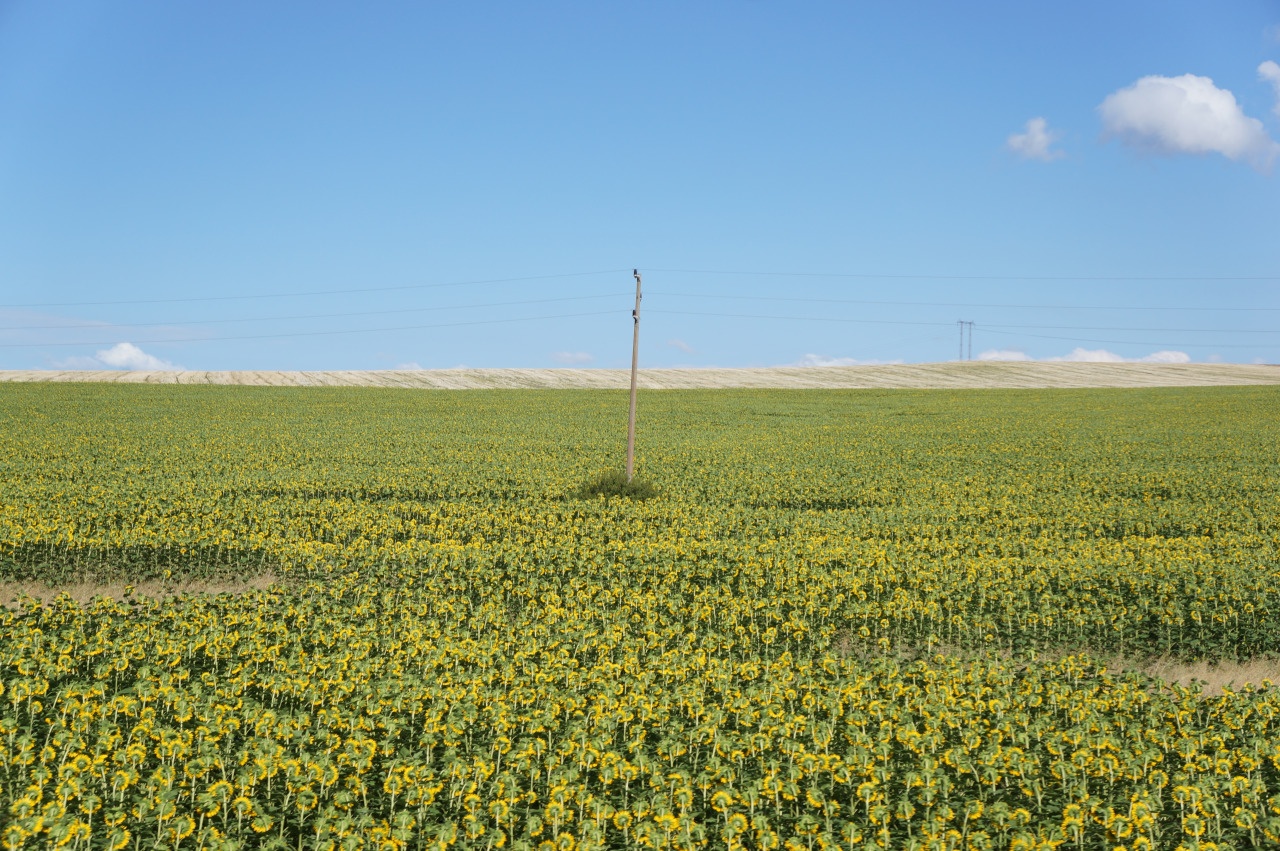CO2 reduction strategies for Bulgaria
FC-02x Livable Future Cities (1st Run) - Compulsory Exercise 3

Uploaded on 2015-11-10 by bobkad
According to the Sankey Diagram on IEA.ORG the most common fossil fuels used in Bulgaria are oil (including oil products) and coal, with the first one being predominantly imported, whereas the second one produced. However, the refinement of the oil doesn't really contribute to the supply of the country with fuels, for it is being widely exported. The oil and its products provide mainly the transport industry with energy supplies. On the other hand, the burning of coal accounts for the flawless work of the other economic sectors, e.g the industry . It is clearly to be seen, that the energy losses with the transformation of coal outstand the actual profits of it by miles. Clearly, with the devices currently available in Bulgaria the source of energy cannot be exploited to its fullest. Therefore, I suggest that the investments in the transformation stations for coal products are redirected towards installation of modern devices working with renewable energy resources. ![Windsurfing in Bulgaria. Due to the immense hight difference between the mountains on the West and the seaside in the East, as well as the Black Sea air circulations, Bulgaria faces high wind speeds throughout the year. ][1] Such recources - wind and solar radiation, are extensively present in Bulgaria. Nonetheless, the socialist traditions in working with cheap energy resources with the only aim to support the relations of the country with Russia are presenting a great obstacle in the change from coal to wind, for example. Another obvious issue with the energy supply of the bulgarian economy is the absolute waste of nuclear energy. The Sankey Diagram shows how the energy produced from nuclear reactions is comparable to the energy of the coal products. Mysteriously, no actual energy for daily usage reaches the households. Either the nuclear power station in Bulgaria lacks efficiency due to its age, or the network responsible for the transportation of energy doesn't work properly. For the potential threats of an explosion are far too convincing, regarding the area of Bulgaria and its GPD, I would propose that it completely gives up on such energy resources for the time being. ![Endless valleys of sunflower. Evidently, solar panel parks will definitely be an adequate alternative to fossil fuels.][2] It looks as if I cut down on each and every energy source apart from the renewable, but there is a vague, temporary solution to CO2 pollution in Bulgaria, and it is not linked to changing the origin of the energy, but with its consumption. In my point of view, there is an irritating mistake in the policy of Bulgaria regarding its transport network. Loads of money are invested in building car roads, thus neglecting the railway system. In fact, it is the second lowest energy-consuming mean of transport after the ship. Consequently, investing in the modernisation of the railway system in Bulgaria would contribute twice to the reduction of CO2 emissions : for one, people would drive less cars; secondly, trains run on electricity, and oil and gas burning would be reduces significantly. However, a man would only give up on his car if he has reliable and fast alternative, so the country should account for trustful train schedule and train maintenance. To conclude, I should state that it is pure insanity for a country to rely on its energy resources from 30 years ago, when the economy has had a completely different structure and the energy from power stations was consumed rightaway from production sites located nearby, which, sadly, doesn't work any more. Bulgaria has the full potential to turn into a hotspot for production of energy from renewable sources. An interesting solution may as well be the buffering of heat from the burning-hot summer so as to be used in the stingy-cold winter, just as ETH Zurich does. [1]: https://edxuploads.s3.amazonaws.com/14471209043879083.jpg [2]: https://edxuploads.s3.amazonaws.com/14471211078247157.jpg